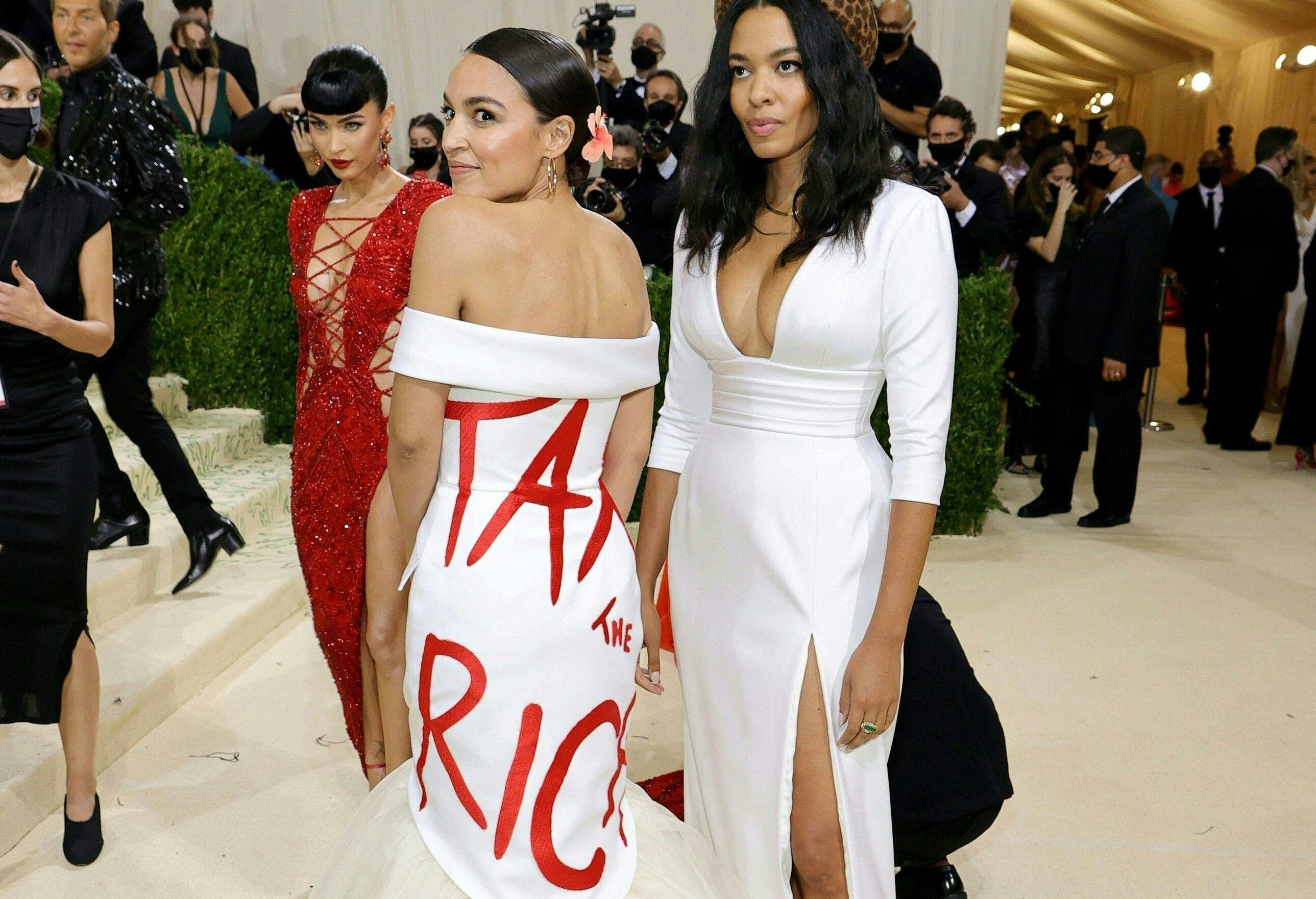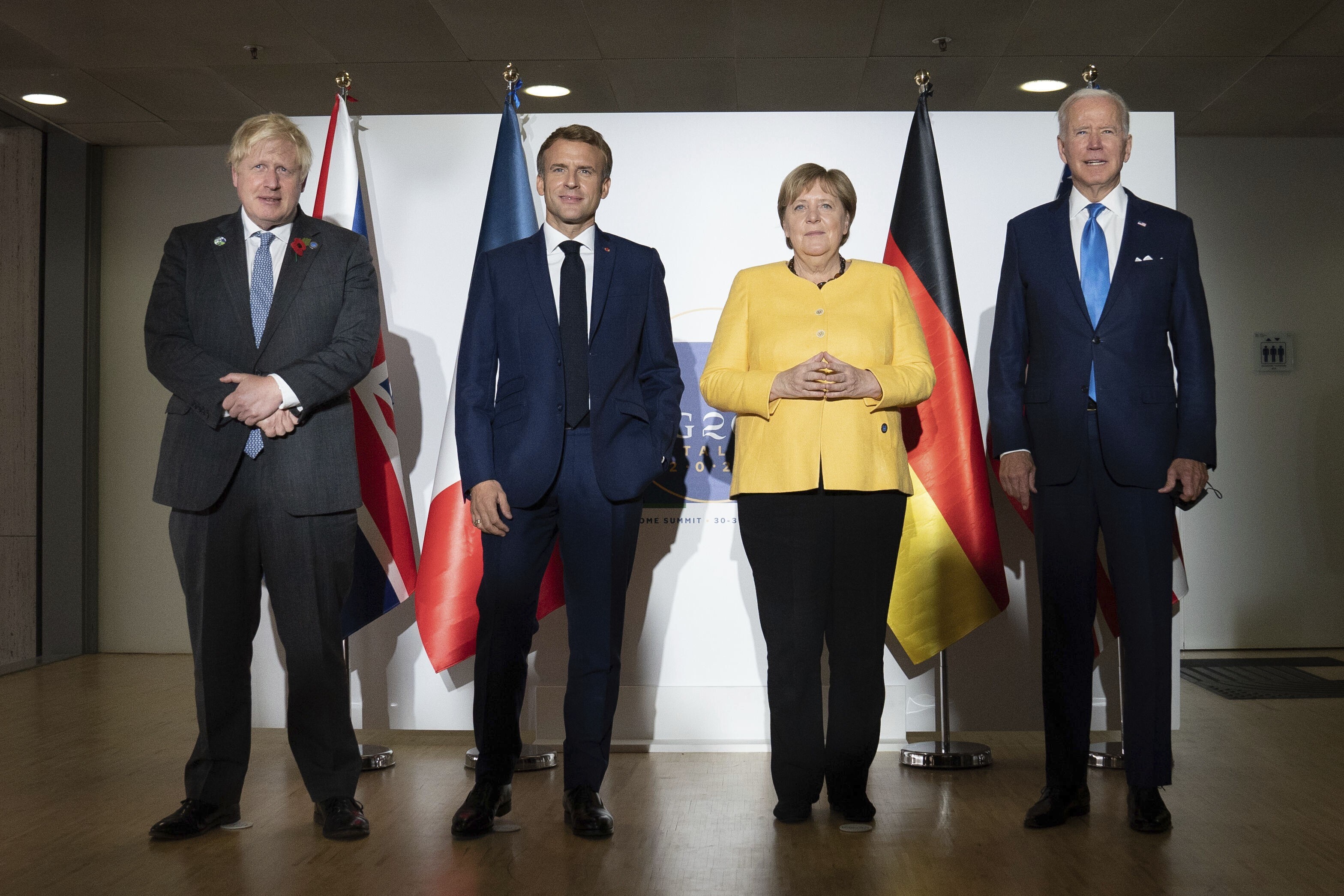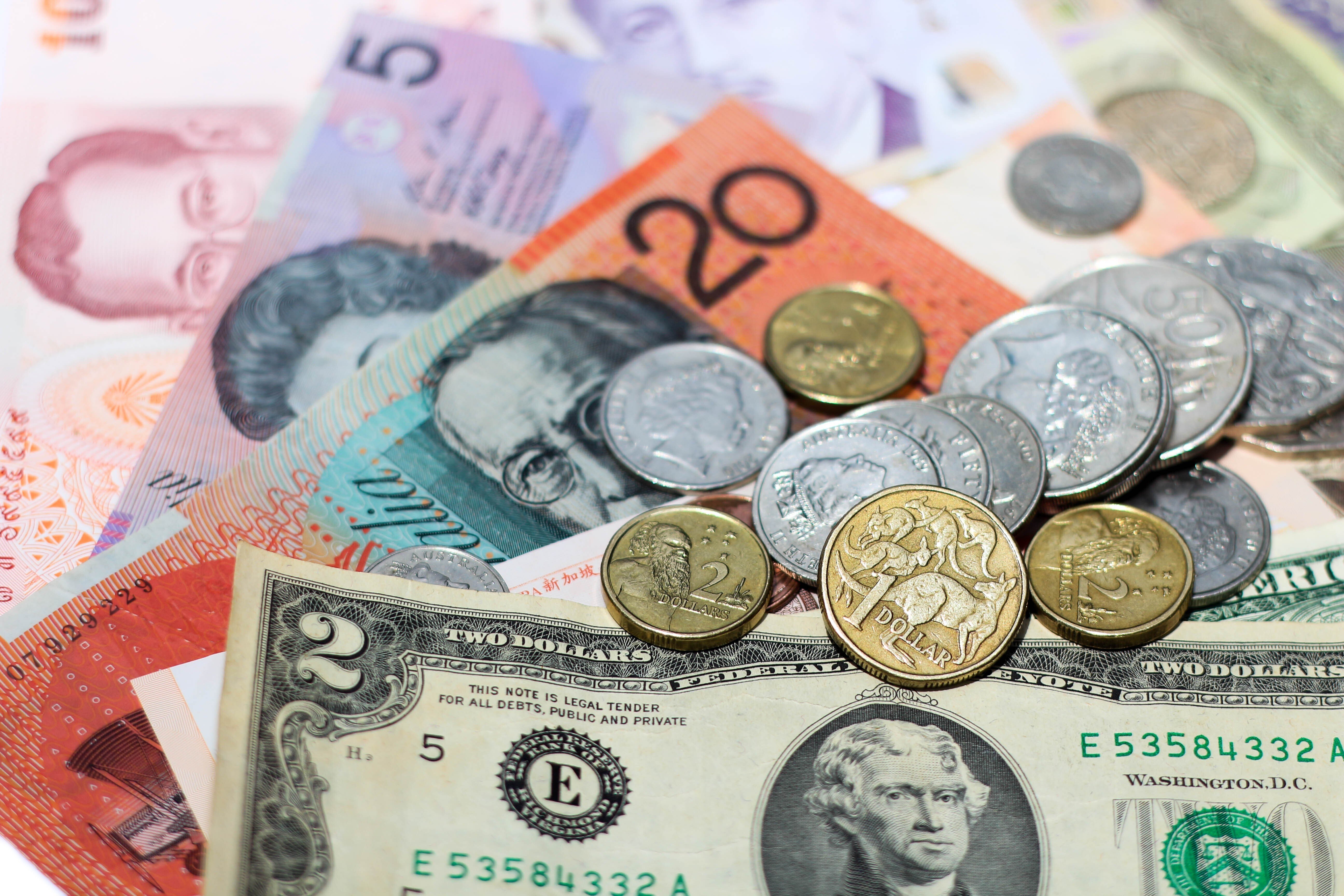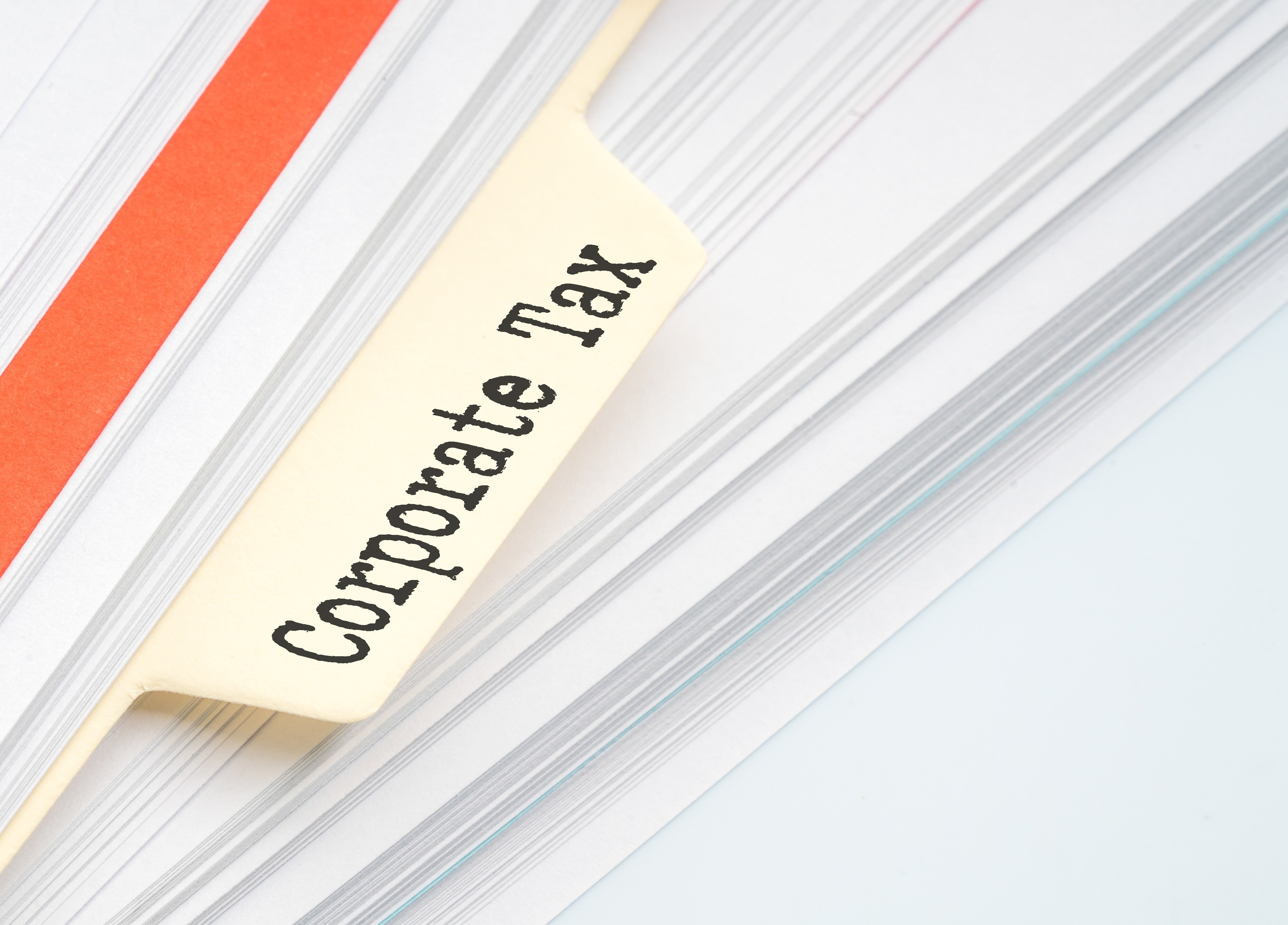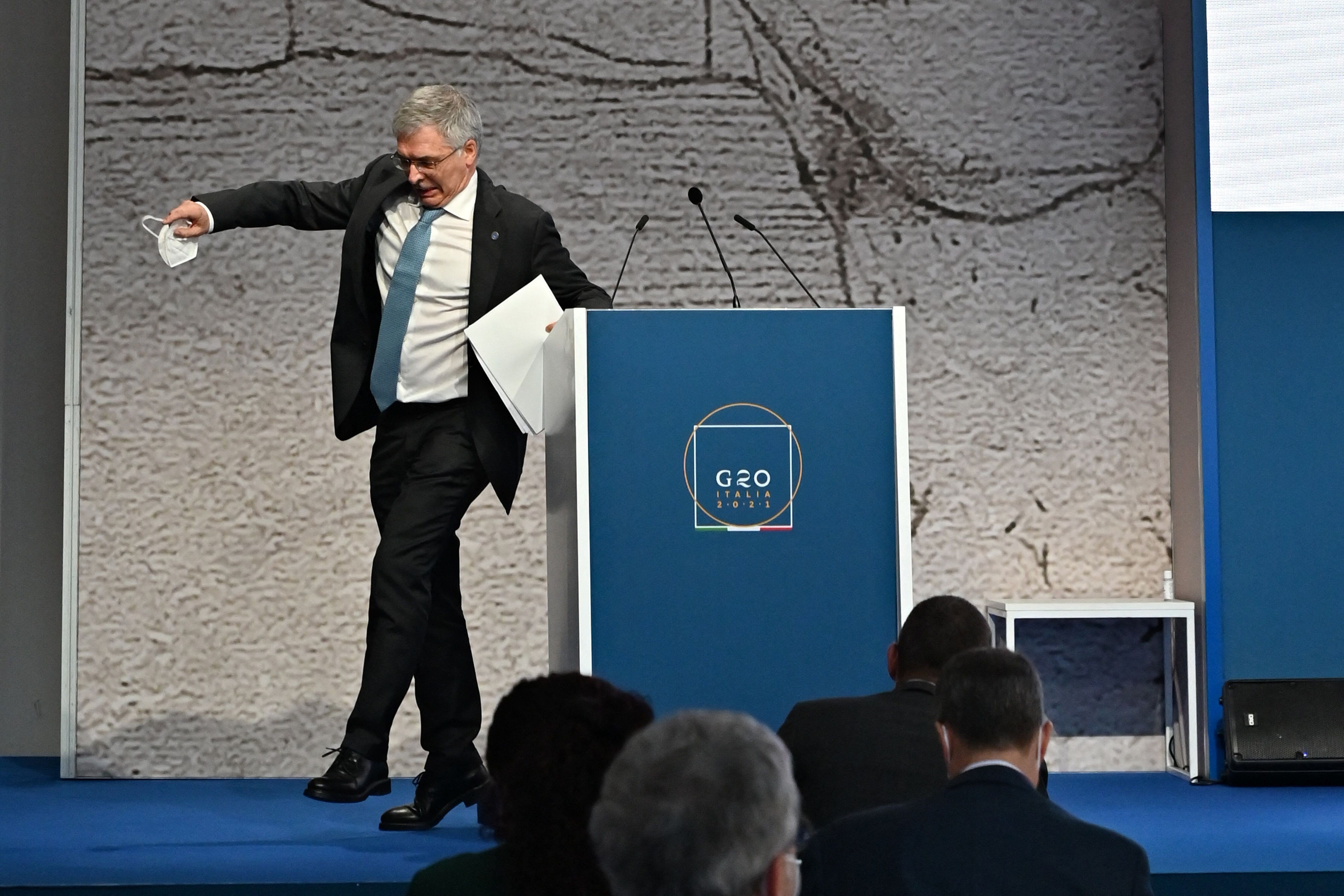TOPIC
Global minimum tax
Global minimum tax
Latest news and updates on the proposed global minimum tax rate that aims to clamp down on tax evasion and prevent countries from competing by offering lower taxes to attract multinationals. Group of 7 (G7) leaders, Group of 20 (G20) finance ministers as well as the 132-member Organisation for Economic Co-operation and Development (OECD) have all backed setting a minimum global corporate tax rate of at least 15 per cent. The move aims to prevent multinationals - including tech giants like Google, Amazon and Apple - from shifting profits to low-tax jurisdictions and modernise the tax system for the digital economy.
Global minimum tax may dent Hong Kong’s competitiveness, lawmaker warns
Hong Kong’s decision to implement the 15 per cent global minimum tax for large multinational companies from 2025 could undermine the city’s efforts to offer tax incentives to attract new businesses, says Robert Lee, who is also a broker.

Advertisement
Advertisement
Advertisement
Inside Out | Why the new global tax regime is unlikely to be clear, simple or good
Meant to extract more tax from the world’s richest multinationals, the proposed tax rules are already being strangled by talk of caveats and carve-outs. In short, the new rules would probably make little difference to total government revenues.
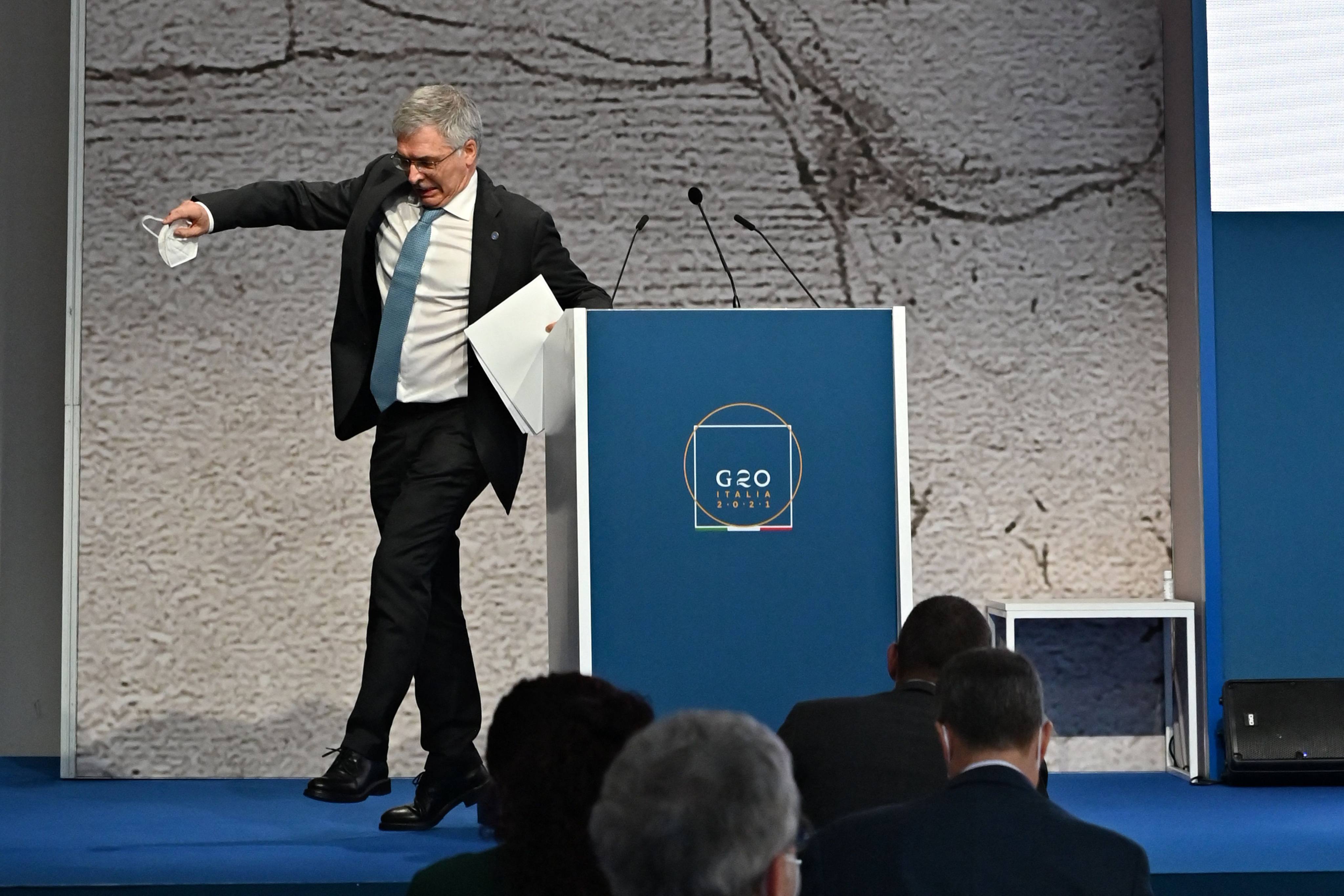
Help preserve 120 years of quality journalism.
SUPPORT NOWAdvertisement
Advertisement
Advertisement
Advertisement
Advertisement
Advertisement
Advertisement
Advertisement
Advertisement
Advertisement
Advertisement
Advertisement

